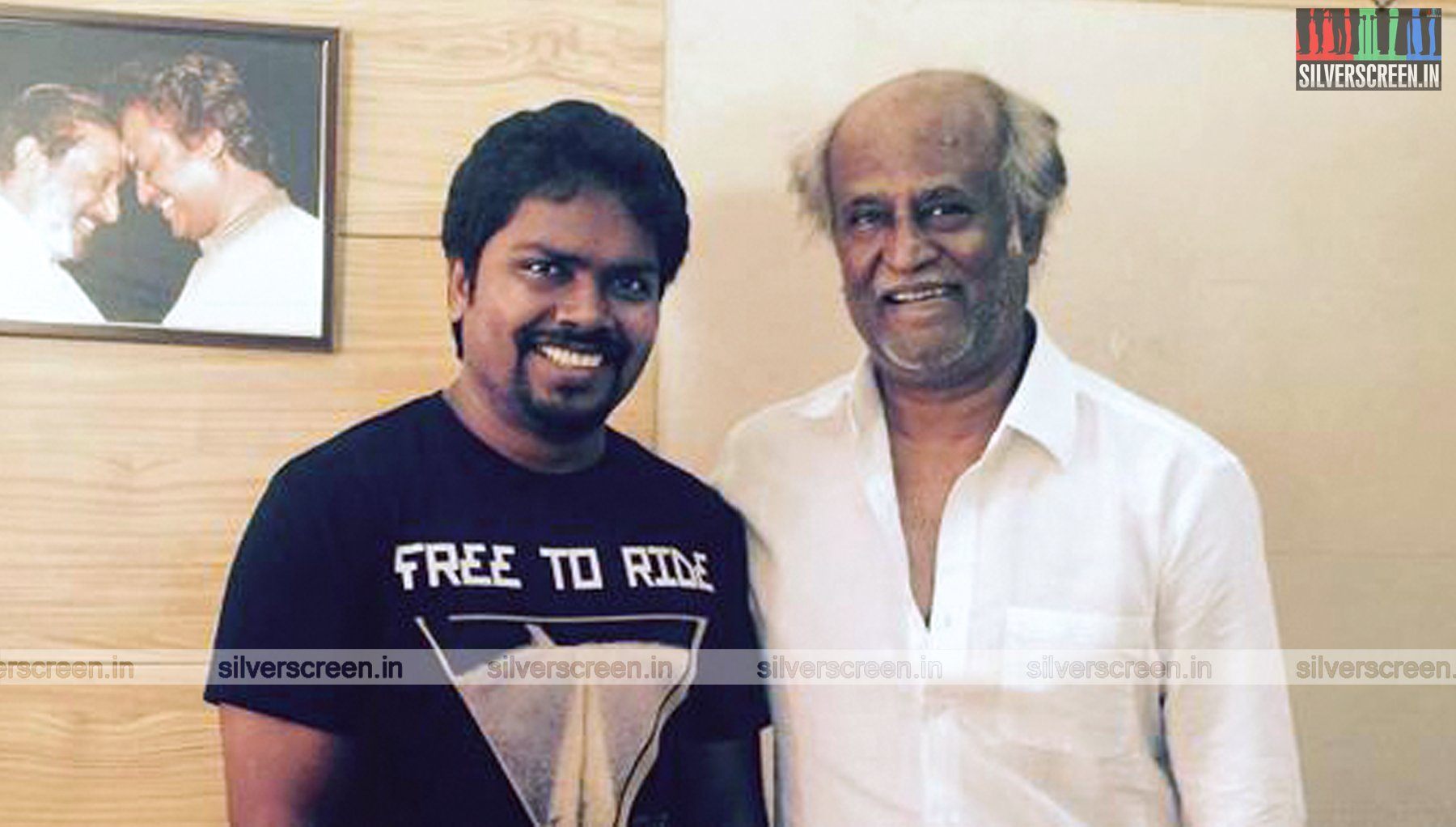Pari‘s promotional videos (or screamers, as they called it) are perfect examples of how a teaser ought to be – eye-grabbing visuals and background sound with the right amount of intrigue. Vignettes of Anushka Sharma’s bloodied face, looking damaged and evil at the same time, long unkempt hair, and ridiculously long nails, vague as it may have seemed, the teasers definitely piqued interest.
And for once, a Hindi horror film really lived up to its promos and teasers.
There’s an eerie setting throughout the film that creates an air of wicked anticipation. Something unfathomable. And as we wait with bated breath, the imagery is violent enough to leave one squirming, almost queasy. It’s gory but not disgusting. It’s as though the makers knew what really would get the audience’s attention and coated it with an additional layer of scare. Twists abound, fewer dialogues, and shadowy figures of hooded creatures sprawled across the screen, Pari is this and much more.
The film also goes on to show that this might be Anushka’s year, doing something her counterparts would rather steer clear from. A dehumanised version of herself, clad in cheap synthetic kurtas, matted with dirt and bruises, devoid of any table manners, Anushka really gets into the character and owns every frame, every dialogue, giving it her all. No cheap theatrics, just plain horror and the fear of the dark giving her enough edge in this story about a demon-child in this big, bad, regular world of humans.
***
Arnab, played by Parambrata Chatterjee, and his family are heading home after a meeting with a potential bride, a nurse called Piyali (Ritabhari Chakraborty). Driving in the outskirts, with heavy rains as the backdrop, their car hits an old lady. A police investigation leads them to her abode – a dilapidated hut in the deep jungles and surrounded by dogs. In the shed next to the hut, the police finds a young girl bruised and chained. The old lady’s daughter Rukhsana (Anushka Sharma) has been chained all these years, is visibly undernourished, anti-social, and finds herself cowering in fear when incense sticks are used near her. She reveals little about her past, but a worker from the morgue, chances upon the old lady’s hand, to find a tattoo – a fetus in a circle. With shivers running down his spine, he mutters, “Aulaad Chakra.”
Eventually, Rukhsana comes to live with Arnab, where she slowly sheds her savage life and tries to recuperate. She makes progress but there’s someone after her. Nay something after her, constantly seeking her, giving her anxiety attacks, and stripping her off of any relief despite finding refuge in Arnab’s company.
A professor believes she is the last descendant of the devil’s spawn, and goes on a hunt to vanquish the evil bloodline. He, too, mutters Aulaad Chakra, which literally translates to ‘child wheel’.
***
Unlike most Indian horror films with garish makeup and loud scenes, Pari relies a lot on sound. The pitter-patter of rain drops, the sound of a drop of water falling in an overflowing bucket, a creaking window, a door that suddenly opens, the shuffling of feet – all these details and much more contribute to the anticipation of something horrific on screen. Initially it’s difficult to predict, with something as innocuous as the bylanes of Kolkata and the rustling of leaves in a forest sending down jitters. Soon enough though, one gets the hang of it. But that doesn’t mean the film loses its charm.
The first half implies little, confuses a lot. A deliberate move to make the second half more relevant. There are loose threads, some which are left untied but that’s okay. Stranger things have happened and this might have been a move by director Prosit Roy to show that there’s more to what meets the eye but not too important to dwell on.
A dialogue in the film uttered by Rajat Kapoor’s Qasim Ali on djinns foreshadows what the film attempts to explore – the devil inside us. And once unleashed, the mayhem and hysteria it causes is enough to make you believe that evil does exist in this world. Only, they needn’t be ghosts. It’s a trope most psychological thrillers use, incorporating strong imagery of metaphors, imploring viewers to look beyond the scary face. In Pari‘s case, there’s violence and demonisation of women, of giving birth, of abortion, and of guilt and redemption. Forget dreaming of happy endings or the ghost under your bed, what Pari explores is how man can destroy just about anything with words and the right amount of manipulation.
Anushka’s convincing performance as the young girl seeking a happy ending is backed by an equally good performance by Parambrata, an introvert who finds a kindred spirit in her. He doesn’t ham, he doesn’t scream manically when things take a spooky turn. He reacts as what a normal person would do, trying to find logic. And when that fails, he worries and frets and feels burdened by the guilt of a misstep. If anything, he appears as a spectator, much like the audience, watching and experiencing everything that happens after he starts taking care of Rukhsana.
Recommended
Rajat Kapoor’s acting and his demeanor as a polished professor who harbours a different side shows that a villain doesn’t require extra pizzazz to be convincing.
Roy’s film, especially with an A-lister like Anushka headlining it, will join the league of a section of selected Indian horror-psychological thrillers that don’t beat around the bush. A league that a few films such as Kaun, 13 B, Phobia, and most recently, The House Next Door, are a part of.
***
The Pari review is a Silverscreen original article. It was not paid for or commissioned by anyone associated with the movie. Silverscreen.in and its writers do not have any commercial relationship with movies that are reviewed on the site.



